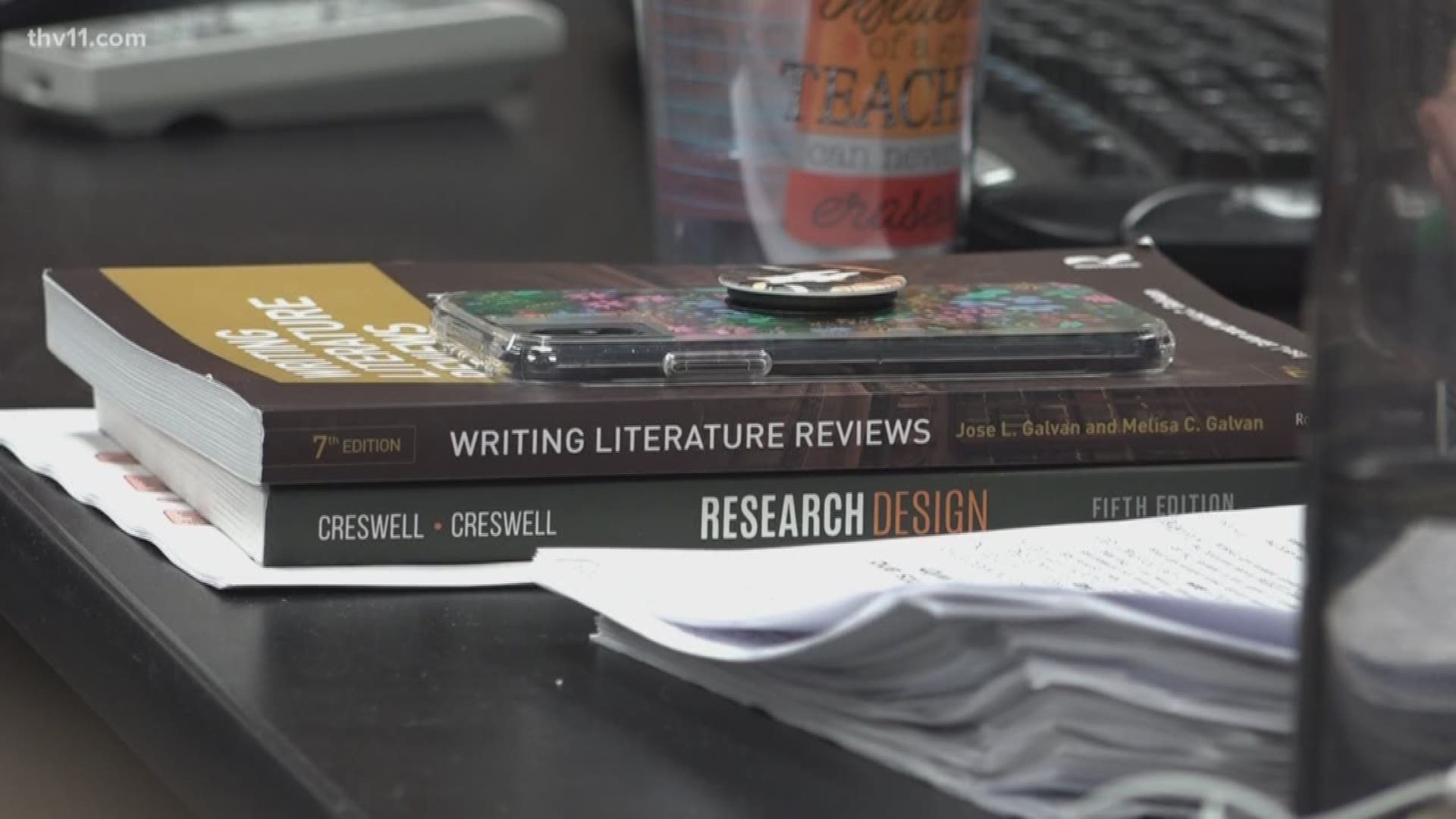Declining birth rate projects 11% decrease in Arkansas college students
CONWAY, Ark. — With a decline in the birth rate for the next-generation, national data shows college enrollment will suffer.
UCA Honors College Interim Dean Patricia Smith said that over the next decade, Arkansas is projected to see an 11 percent decline in college enrollment.
The northern part of the U.S., however, could soon be hit the worst with falling numbers.
That means those college recruiters will be coming down to the south for exceptional students.
“We know that students who travel out of state for their undergraduate education are less likely to return to Arkansas for employment, and so losing our best and brightest students really could take a toll on our future economy if we don’t act now,” said University of Central Arkansas Honors College Interim Dean Patricia Smith.
That’s why 15 honors colleges from all over the state are coming together to prevent the oncoming brain drain.
They’ve created Honors Arkansas, an organization the first of its kind in the nation.
“We’re not just state schools. We are the state schools, private religious schools, and private colleges,” said the University of Arkansas Honors College Dean Lynda Coon.
“[We are showing] how we can actually get together and make the case for Honors education instead of the more stereotypical duking it out for great students.”
“We have goals, like working with the Governor’s office to develop internship programs, both in the political realm as well as other workforce opportunities,” said Smith.
“So, opportunities that our high school students could look at and say, ‘If I stay in state and participate in an Honors program or an Honors college then I’ll have these opportunities that I won’t get if I go out of state.'”

